Looking across the world, rural communities tell us the story of a thousand of years of collaboration between nature, culture and humans. Rural areas embed unique traditions, culture, gastronomy, landscapes, and human capital. Nevertheless, they are facing continuous demographic and socio-economic challenges that bring to depopulation, ageing, disengagement, reduced service provision and inhibited accessibility.
RURITAGE is a 4 years project funded within the H2020 programme (GA No 776465); it started in June 2018 and includes 38 partners coming from 19 countries. The project aims at turning rural areas into sustainable development laboratories to demonstrate Cultural and Natural Heritage as an engine of local regeneration and community empowerment. RURITAGE conceives heritage in its wider sense including natural and cultural, tangible, and intangible. The whole paradigm for regenerating rural communities lies on the identification of six drivers identified in the project, the so-called RURITAGE Systemic Innovation Areas, namely Pilgrimage, Local Food Production, Art and festival, Landscape Management, Migration and Resilience.

RURITAGE’s Systemic Innovation Areas
Thirteen rural areas have been selected as Role Models, recognised as territories that achieved rural regeneration building on their cultural and natural heritage, and six rural territories have been selected as Replicators, to learn and put the RURITAGE paradigm in practice. Through an extensive data collection and analysis of Role Models experiences, RURITAGE has identified and analysed Role Models’ practices, business models, governance framework and regeneration mechanisms.
The six selected Replicators (Magma UNESCO Global Geopark, NO; Negova Village, SI; Appignano del Tronto, IT; Geo- Naturepark UNESCO Global Geopark, DE; Karavanke/Karawanken UNESCO Global Geopark, AU; Gediz-Bakircay Basins of Izmir, TK) have intensively worked during the first 18 months of the project to learn from Role Models and to tailor their successful strategies into their territories through knowledge exchange with the project partners and local stakeholders’ engagement.
To share this knowledge at local level and to collect communities insights, perceptions and ideas on local regeneration strategies, each Role Model and Replicator has established a so-called Rural Heritage Hub. The Hub is constituted by a community of local stakeholders as well as a physical place where local community meets and exchange. RURITAGE Rural communities responded enthusiastically to this call for participation and more than 2500 people make the RHHs vibrant and alive. This co-development phase allowed Replicators to finalize their Action Plans for rural regeneration in January 2020. These plans include actions to be locally implemented with the community of stakeholders including training for improving local skills, festival of arts and international calls for artists, promotion of pilgrimage, hiking and cycle routes, integration of migrants in community activities, etc.
While the Replicators are starting to implement their actions, in turn the Role Models have shown interest for improving their own strategies. At the same time, RURITAGE partners are working on developing tools and methodologies to make the upscale and replication of the RURITAGE approach easy and open to all, that will be tested in a group of additional Replicators selected in February 2019 through an open call. These territories will be the first to test the RUIRTAGE approach outside the project partners. Moreover, the project is already looking at the future and is working on establishing a recognized brand for heritage led regeneration and will launch soon a summer school and a professional Master.
Being resilience one of the drivers of rural regeneration, in the current COVID-19 pandemic, RURITAGE has launched a call for actions to share approaches that could help rural communities in increasing and strengthening resilience. At the end of May the whole RURITAGE consortium met for its General Assembly that gathered online around 80 people to discuss project adaptation to the current situation, but also to explore the role of rural areas in the future. Indeed, the actual crisis is posing a big challenge to the current society, but also huge opportunities to rural areas.
Karolina Jurkiewicz,
Communication Officer for RURITAGE



